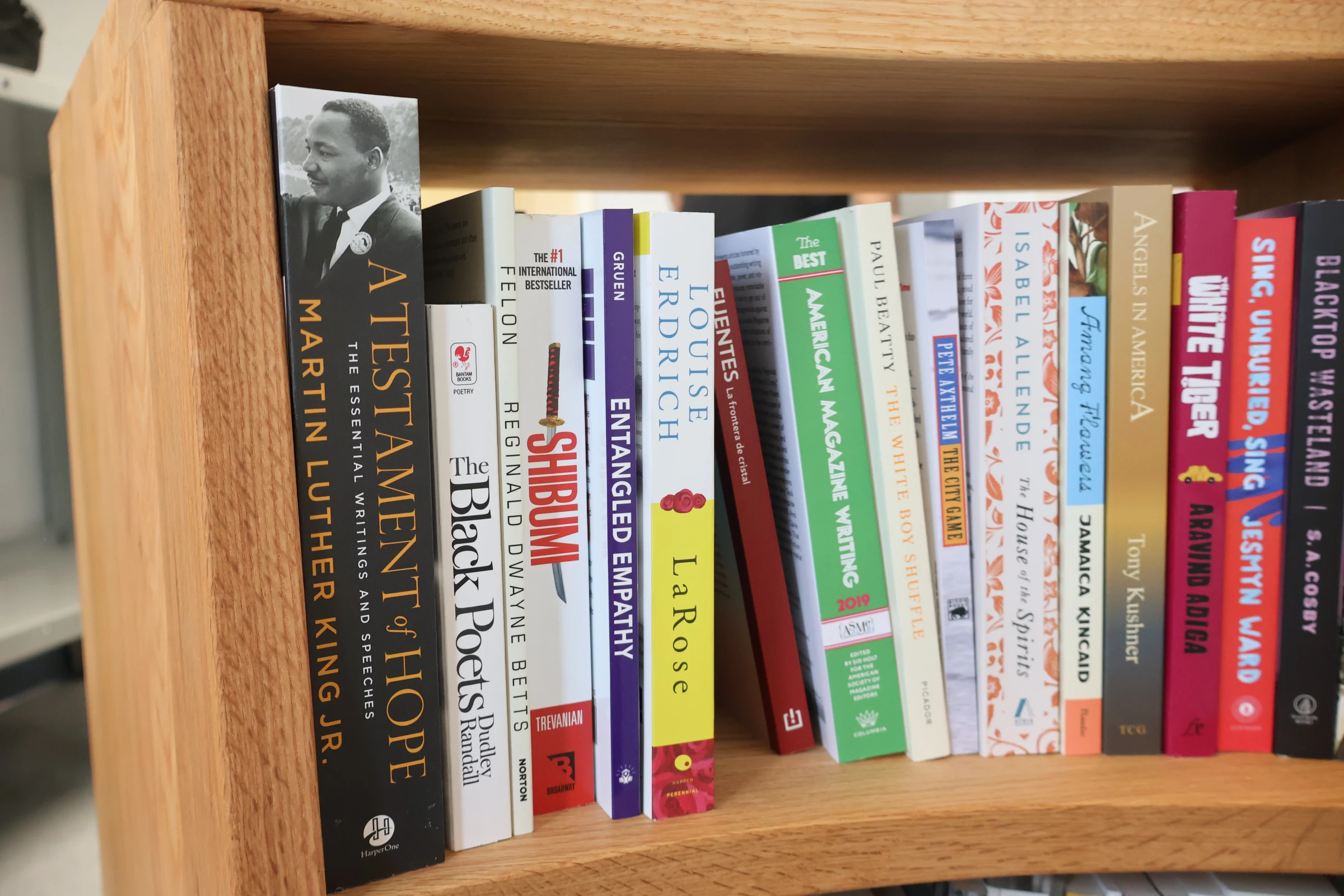Why do some people love certain books that other people really can’t stand? That may seem a weird question -- some people like Brussel sprouts and other people hate them, some people like to watch the news or the weather channel or romcoms and other people avoid all that as much as they can, some people love jazz music and others find it boring. To each their own.But when it comes to literature and other works of art, the way that people respond can have deeper meaning.
During this year’s Inside Literary Prize I was privileged to be able to listen in on some wonderful discussions amongst the judges where I heard brilliant, and contrary, views about the four book finalists. Sometimes I totally agreed with the views the judges expressed, sometimes I learned from what was being said about the books, a lot of the time I was moved by the deep feelings that accompanied people’s perspectives and what they shared, even when I might not have had the same reading of that particular book.
People who study literature, often people who are writers themselves, have different theories about why readers respond to the same book in very different ways. A readers’ experiences, their family relations, their political or spiritual views, and even their moods when they are reading, all shape how a book is interpreted. Sometimes different responses to the same book depend on cultural backgrounds, some characters or troubles seem unfamiliar, sometimes you just can’t relate to the story. Sometimes it depends on how one has come to think of themselves as a reader, for example, some people think that certain kinds of language is too sophisticated for them or not sophisticated enough, or think they should like a book if they identify with the group that the book is about – queer people, prisoners, immigrants, working class people. People’s identities can get tied up in how they think a book should be read. For some readers, whether a book is good or not depends on how it makes them feel which in turn depends on the kinds of feelings they like to have.
Whether you like a book or not isn’t really the same as whether you like certain foods or certain forms of entertainment. For one thing, reading a book takes a lot more time than eating or watching a sitcom and we expect more from it. Books also have the power to lift us up, to ignite our moral imaginations, to allow us to escape our current situation and to take another’s perspective. When people debate the merits of a book, they aren’t just thinking about what the words on the page, but how the book speaks to their hopes and ambitions. Books can change lives.
All four of the books read, discussed, and voted on for this year’s Inside Literary Prize had passionate advocates and admirers, and while one book won, I believe that everyone involved in the Prize was a winner!
